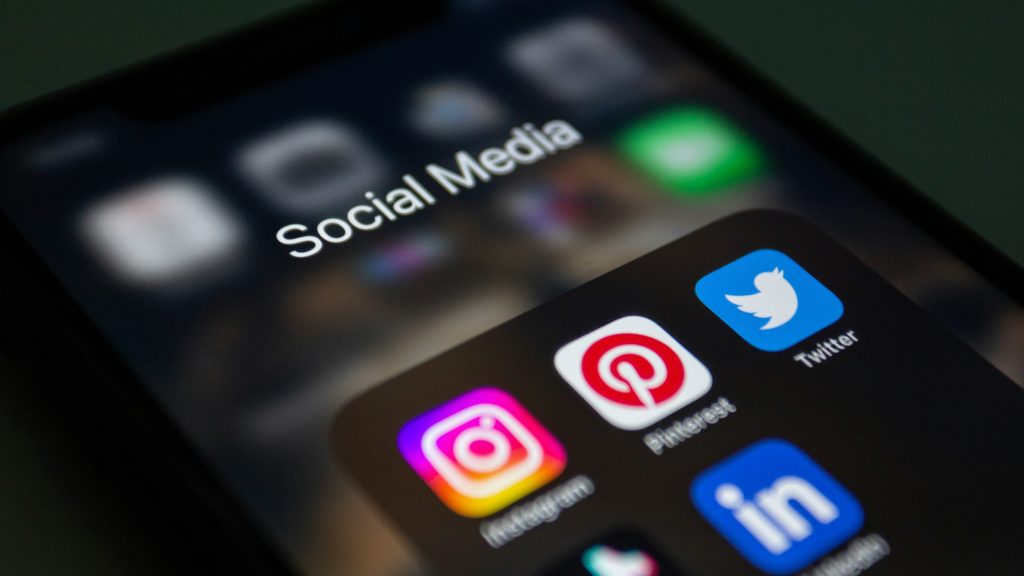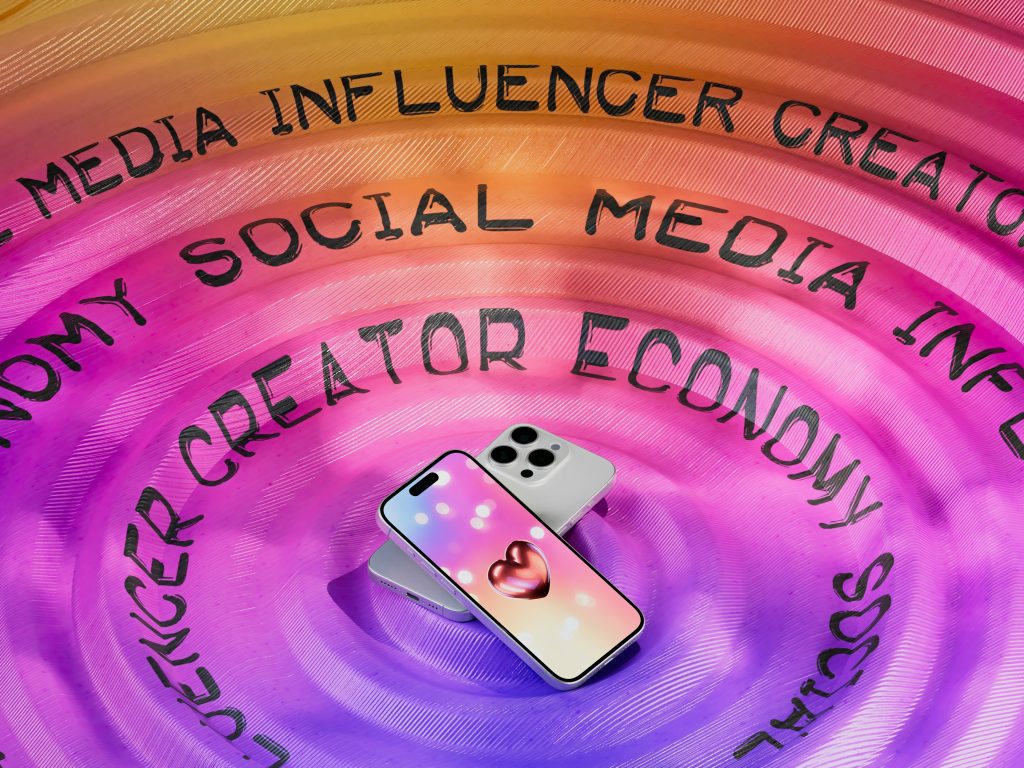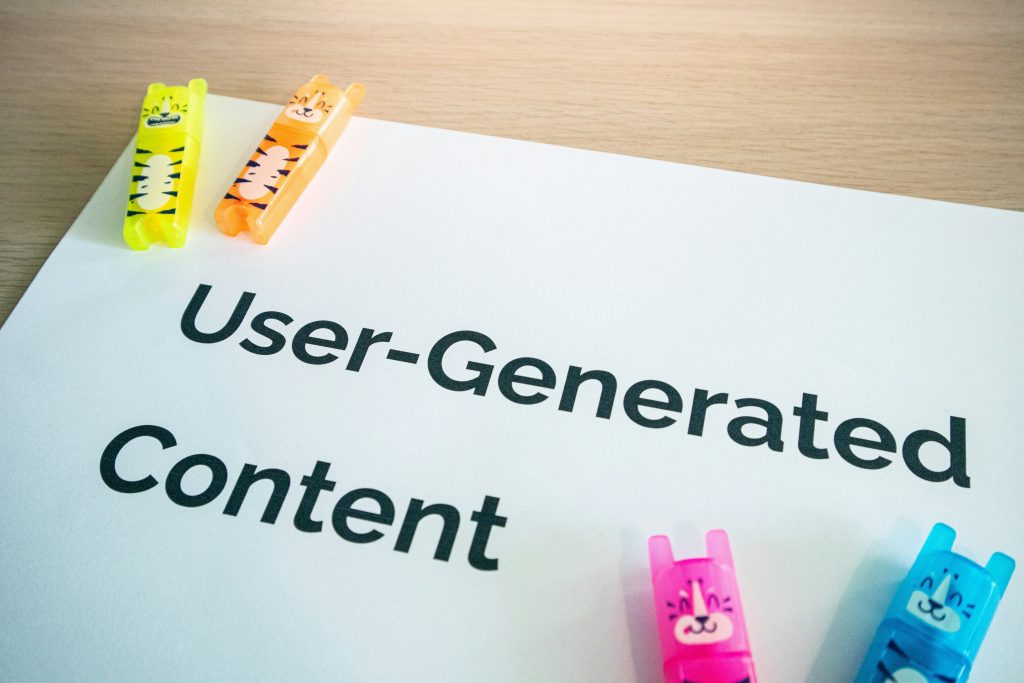Social media has become an integral part of daily life, offering connection, entertainment, and inspiration. But as usage rises, so does concern about its impact on mental health. The constant exposure to curated lifestyles, comparison culture, and online validation can negatively affect self-esteem, mood, and focus.
One major issue is comparison. Platforms like Instagram and TikTok often showcase the highlights of people’s lives—vacations, success, beauty—which can lead to unrealistic expectations and feelings of inadequacy. It’s important to remember that social media is a highlight reel, not real life.
Addiction is another growing concern. The dopamine hits from likes and notifications can make scrolling addictive. This constant engagement can increase anxiety, disrupt sleep, and reduce productivity. Setting time limits or using focus apps can help regain control.
On the flip side, social media can also support mental health. Online communities offer a sense of belonging, especially for those with shared experiences. Many mental health advocates use platforms to raise awareness, share resources, and destigmatize seeking help.
To strike a healthy balance:
- Curate your feed to follow accounts that uplift and educate.
- Take regular digital detoxes or no-social-media weekends.
- Avoid using social media first thing in the morning or late at night.
- Engage meaningfully—comment, connect, and unfollow accounts that trigger negative emotions.
In conclusion, social media isn’t inherently harmful—but how we use it matters. By practicing mindful usage and setting healthy boundaries, we can enjoy the benefits of social media without compromising our mental well-being.



